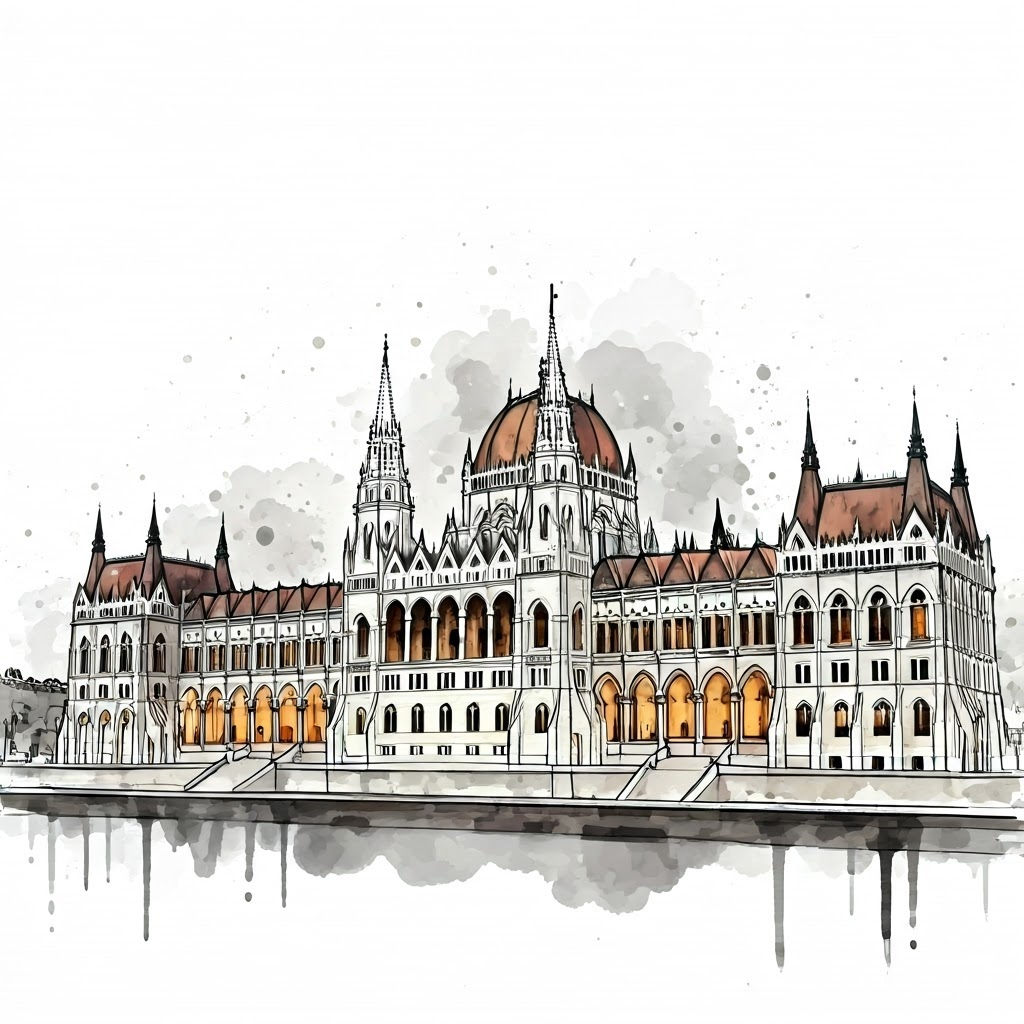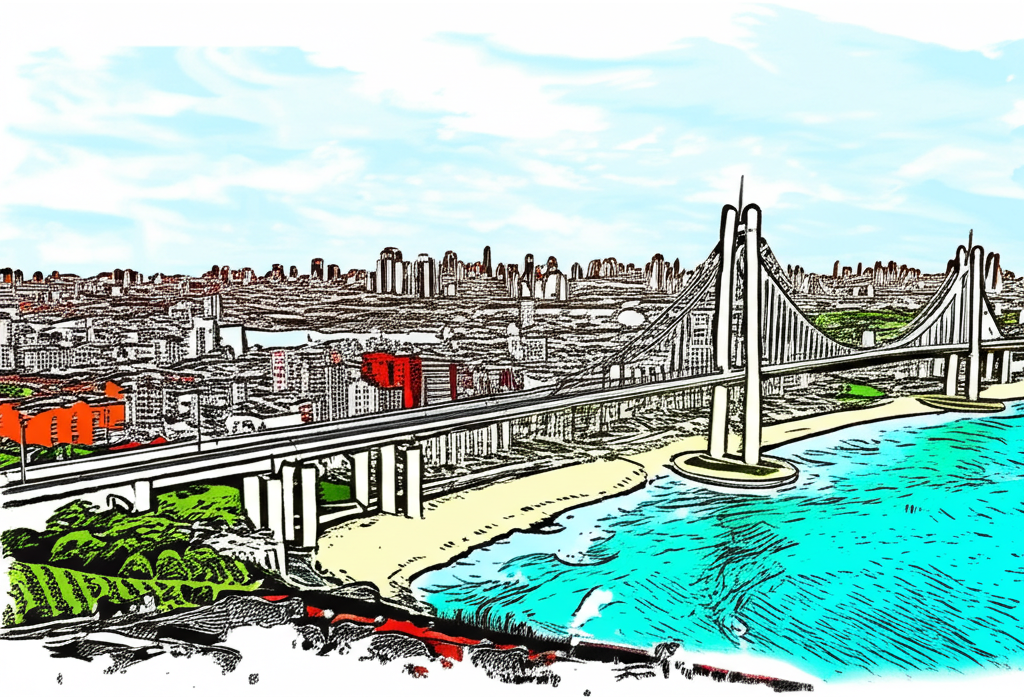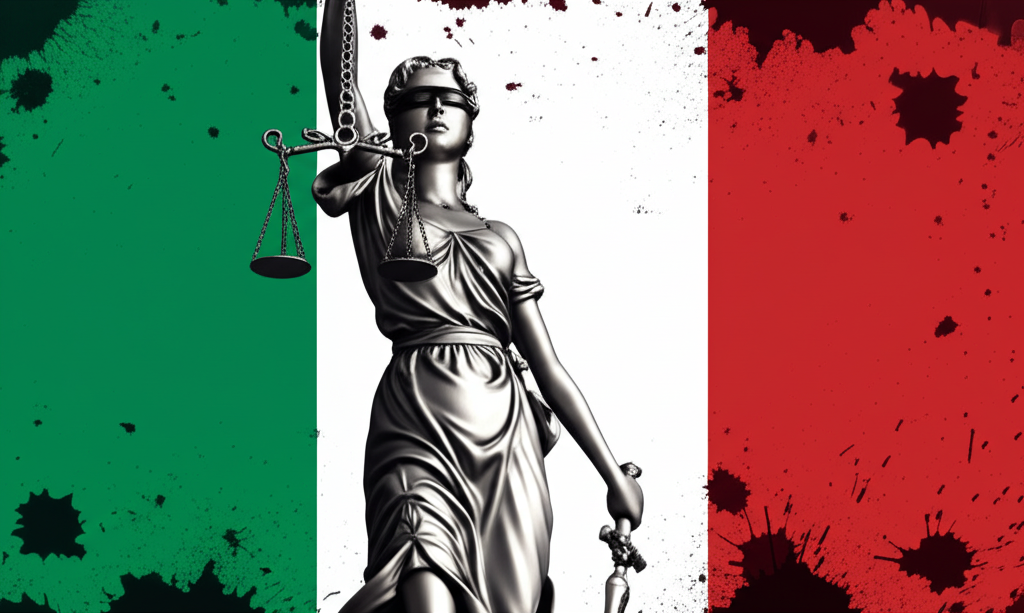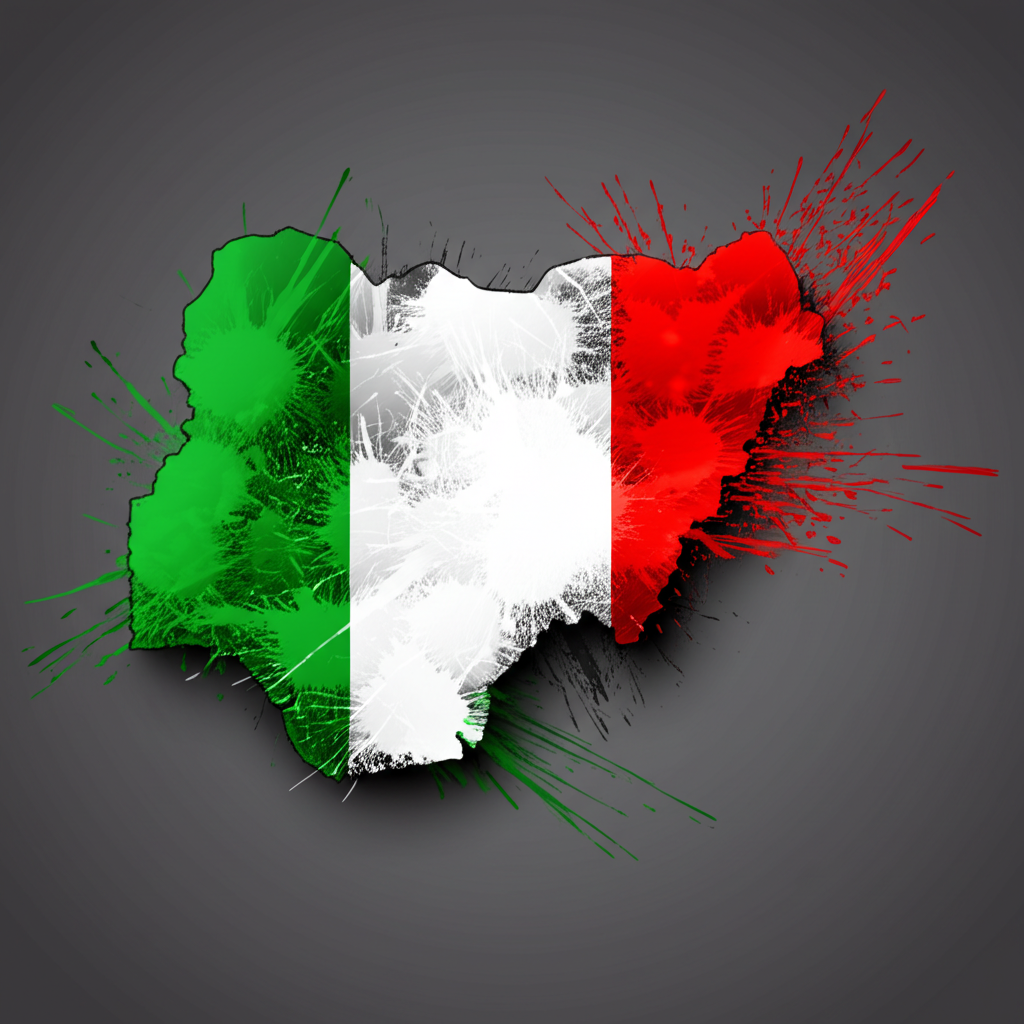In a dramatic turn of events, South Korea’s political landscape has been shaken. Parliament has voted to block President Yoon Suk Yeol’s declaration of martial law, a move that has sparked intense debate and raised questions about the balance of power in the country. This isn’t just a local story; it has implications for the region and beyond.
- Parliament has overruled President Yoon’s declaration of martial law.
- 190 out of 300 members of parliament were present for the vote.
- The move highlights deep political divisions within South Korea.
- This decision could set a precedent for future political actions.
Parliament Says ‘No’ to Martial Law
The South Korean parliament, with a significant majority of its members present, has officially moved to block President Yoon Suk Yeol’s controversial declaration of martial law. Live television coverage showed the motion being passed, sending shockwaves through the nation and beyond. But what exactly led to this standoff?
A Nation Divided
The decision reflects a significant divide in South Korea’s political arena. While President Yoon likely believed his actions were necessary for national security, a large faction of parliament saw it as an overreach of power. This clash is not just about policy; it’s a fundamental disagreement on how the country should be governed.
The Role of Parliament
The fact that the parliament was able to overturn a presidential decree highlights the strength of South Korea’s democratic institutions. It’s a reminder that in a healthy democracy, no single branch of government should wield absolute power. This event could serve as a case study in political science classrooms for years to come.
Implications and Consequences
The implications of this decision are far-reaching. On a domestic level, it could further fuel political tensions and create uncertainty. Internationally, it demonstrates that South Korea is a country with a robust system of checks and balances. It will be interesting to see how other nations, particularly those in the Asia-Pacific region, respond to this development.
The Bigger Picture: Why This Matters
This event isn’t just a political squabble; it raises questions about the future of South Korea’s democracy and the rule of law. Here’s why you should pay attention:
- Democratic Precedent: It sets a precedent for how powerful the parliament can be when it comes to presidential decisions.
- Regional Implications: It may influence how other nations in the Asia-Pacific region view political power and balance.
- Economic Impact: Political instability can impact business confidence. The world’s economists are watching closely.
The decision by the South Korean parliament to block martial law is more than just a news headline—it’s a moment that has the potential to reshape the country’s future. Only time will tell how this political battle will ultimately play out.
Stay Informed
Make sure to follow our page for the latest updates and deep dives on global political events. We provide you with the facts, so you can draw your own conclusions.




